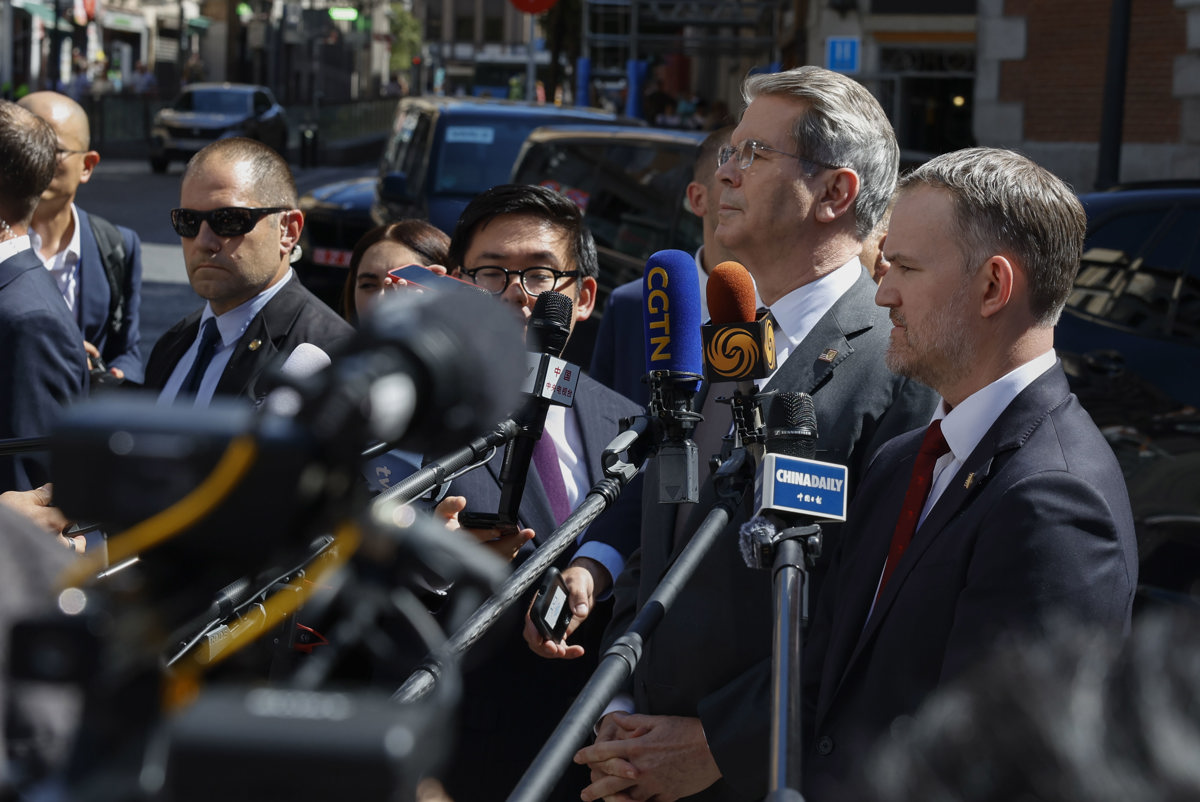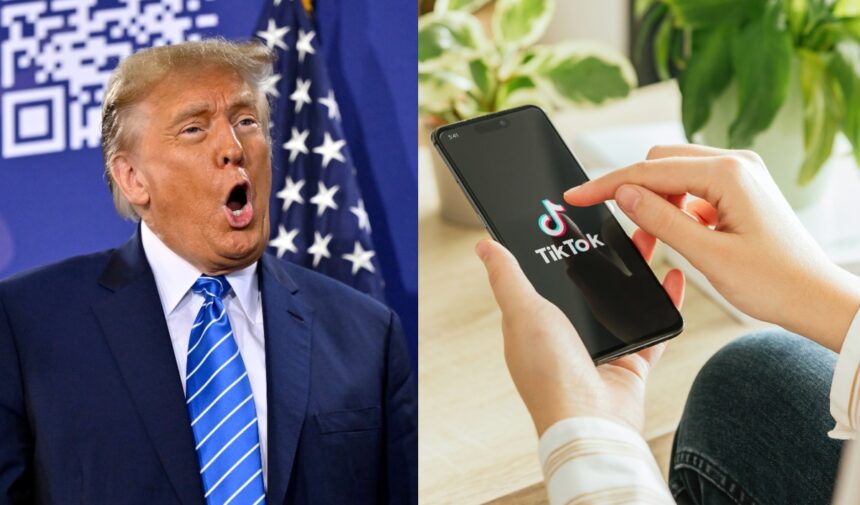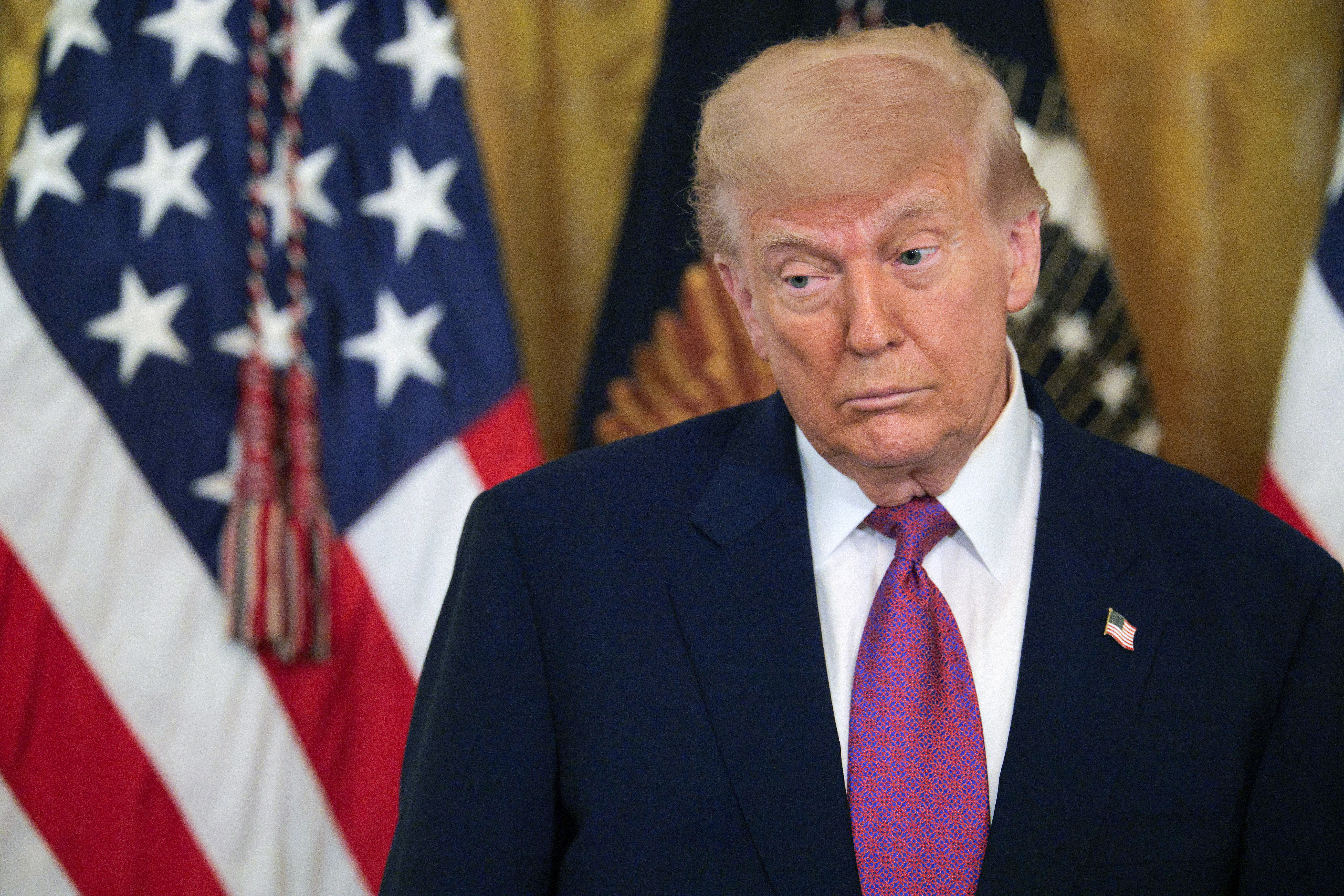The United States and China announced on Monday, September 15, an agreement on the social network TikTok, during a round of trade negotiations in Madrid, whose details are expected to be finalized by Presidents Donald Trump and Xi Jinping in a phone call scheduled for next Friday.
According to Washington, the agreement will allow TikTok’s US subsidiary, with some 150 million active users out of the popular short video platform’s 1.5 billion worldwide, to be US-owned, although the Chinese delegation did not go into details.
U.S. and China reach TikTok agreement

Trump threatened to veto TikTok and had set a deadline of Wednesday, September 17, for the application’s Chinese parent company (ByteDance) to sell the social network’s US subsidiary.
This was because it frowned upon the Beijing government being able to access data on millions of U.S. citizens.
And it was Trump who went ahead of the negotiating teams present in Madrid and announced on his social network an agreement that was going to “delight” young Americans, alluding to TikTok.
In this way, he reported that the U.S. and China reached an agreement on TikTok.
Shortly thereafter, US Treasury Secretary Scott Bessent reported an agreement with China over TikTok to take ownership of its US subsidiary into US hands, although he declined to give details of the deal.
“The framework of the agreement is for (TikTok) to switch to U.S.-controlled ownership, but that will have to be confirmed by the leaders on Friday. We put a framework, they will have to confirm the agreement,” Bessent said in reference to the call that Trump and Xi will hold.
“We are not going to talk about the commercial terms of the agreement because it is between two private parties, but the commercial terms have already been agreed,” Bessent added in statements to the media outside the Santa Cruz Palace, headquarters of the Spanish Ministry of Foreign Affairs, where he met with the Chinese delegation.
Bessent and U.S. Trade Representative Jamieson Greer explained that the pact was made possible by Trump’s intervention and the “high regard he has for President Xi” because “when they have respect for each other, delegations also respect each other.”
They explained that in the Madrid meetings they focused on TikTok to secure a principle of agreement “that fully respects US national security concerns,” but at the same time ensuring that “the Chinese have a fair investment” on US soil.
Respect and “mutual interest
“It’s no secret that there are serious trade, economic and national security issues between the U.S. and China,” noted Greer, who felt that “mutual respect” has been key to bridging the rift over TikTok.
In the same line and after confirming the agreement, the Chinese Vice Minister of Commerce, Li Chenggang, assured that it is “of mutual interest” and that it is based on cooperation and respect between the parties.
“The reason why the Chinese side accepted a consensus on TikTok is because, based on our assessment, we came to the conclusion that such a consensus is in our mutual interest,” Li told a press conference at the Chinese embassy in Madrid.
For his part, the deputy director of the Cyberspace Administration of China, Wang Jingtao, explained that the delegations reached a “basic consensus” regarding “the entrusted operation of TikTok’s U.S. user data and quantum security business, as well as algorithm licensing reviews and other intellectual property rights.”
Thus, it reported that the Chinese government will examine “relevant issues” in this matter, “such as the export of technology and the authorized use of intellectual property” of TikTok, in accordance with the law.
U.S. and China reach TikTok agreement
Regarding bilateral “frictions” in the trade field, Li assured that the Chinese delegation has conveyed to the U.S. negotiators during this round of consultations its “concern” about the sanctions on U.S. companies.
According to him, the U.S. has “overextended” the concept of national security, expanding the sanctions lists on Chinese companies.
There was also time in these conversations to touch more superficially on other topics, such as money laundering, mineral imports or “the bad time” being had by semiconductor manufacturer Nvidia in China, where it is being investigated for allegedly violating antitrust laws.
Madrid has hosted, after Geneva, London and Stockholm, the fourth round of trade negotiations between the two powers since the escalation of tariffs last April, which has resulted in a de facto trade embargo between the world’s two largest economies.
In August, the two countries agreed ‘in extremis’ to extend the suspension of new tariffs for 90 days, thus extending for another three months the truce agreed in Geneva in May.
Trade negotiations for a tariff agreement will continue with a fifth round of talks expected to take place in a month’s time at a location yet to be determined.
La razón por la que la parte china aceptó un consenso sobre TikTok es porque, según nuestra evaluación, llegamos a la conclusión de que dicho consenso es de interés mutuo
Li Chenggang, viceministro de Comercio de China
With information from EFE














